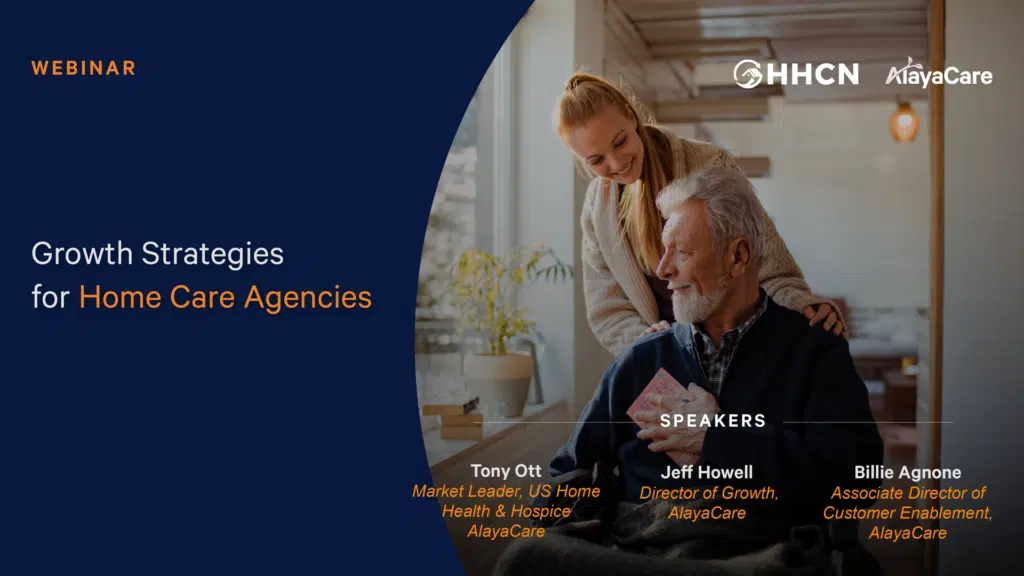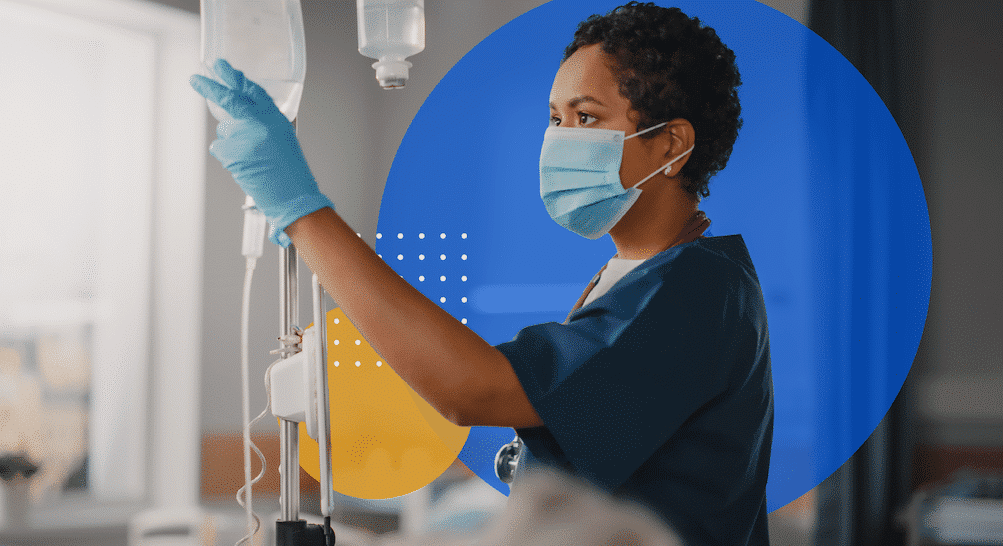Blog
4 ways home-based care technology reduces mileage for rural agencies

While no two home care agencies are alike, those that serve rural areas face several unique challenges compared to those that solely serve urban centers.
In fact, though urban populations continue to rise, about 20.0% of people who live in the United States and 19% of those in Canada have rural abodes. For older adults here, ensuring access to the services they need is an important concern.
A common refrain is the issue of travel: field workers drive long distances to client homes that are spread apart. Without the right technology in place, it’s easy to lose time, create administrative backlogs, and lapse in response to clients’ needs.
For rural agencies to thrive, here are 4 key benefits that home-based care software can bring to help reduce mileage:
1. Optimized schedules and routes
Good software should help all field workers map their days as efficiently as possible. Built-in GPS allows caregivers to build their routes for each day and ensure they stay on track. Efficient scheduling means less time on the road and more time in the community.
2. Work despite poor mobile coverage
Mobile phones are a necessity, but in rural areas, coverage can be spotty. Ideally, an agency’s software should be able to handle these situations, without slowing down the pace of a caregiver’s day.
For example, AlayaCare software has offline capabilities so that care can be delivered as effectively amid poor mobile coverage as in areas with full signal strength. The software allows field workers to download what they need at the start of each day before heading off into regions with unknown cellular coverage. When their day is done, caregivers reconnect and all their data and notes for the day sync back into the system.
3. Simple visit verification
One of the most pressing issues for all agencies, especially in the U.S., is electronic visit verification (EVV).
Rural agencies can get a leg up here with the right technology in place. Syncing mobile EVV with GPS lets an agency track field workers in real time, confirm client visits, and connect headquarters with those on the back roads.
Meanwhile, it helps an agency see which staff are clocking the most miles and manage their workloads accordingly — a shield against caregiver burnout and over-scheduling.
4. Achieve personalized client care
Many rural agencies take extra pride in going the extra mile to maintain personal connections with clients. One way to do so is for field workers to arrive fully prepared for a client visit, no matter where they happen to be.
Mobile technology that permits real-time access to information means that a caregiver knows a client’s complete history before arriving at a scheduled visit. This makes those visits very efficient, as caregivers don’t need to waste time getting up to speed before getting down to business.
To suit any agency, AlayaCare creates customized solutions that promote efficient, effective care that puts clients first.
Don’t hesitate to get in touch with us to see how we can help solve any current business challenges.


